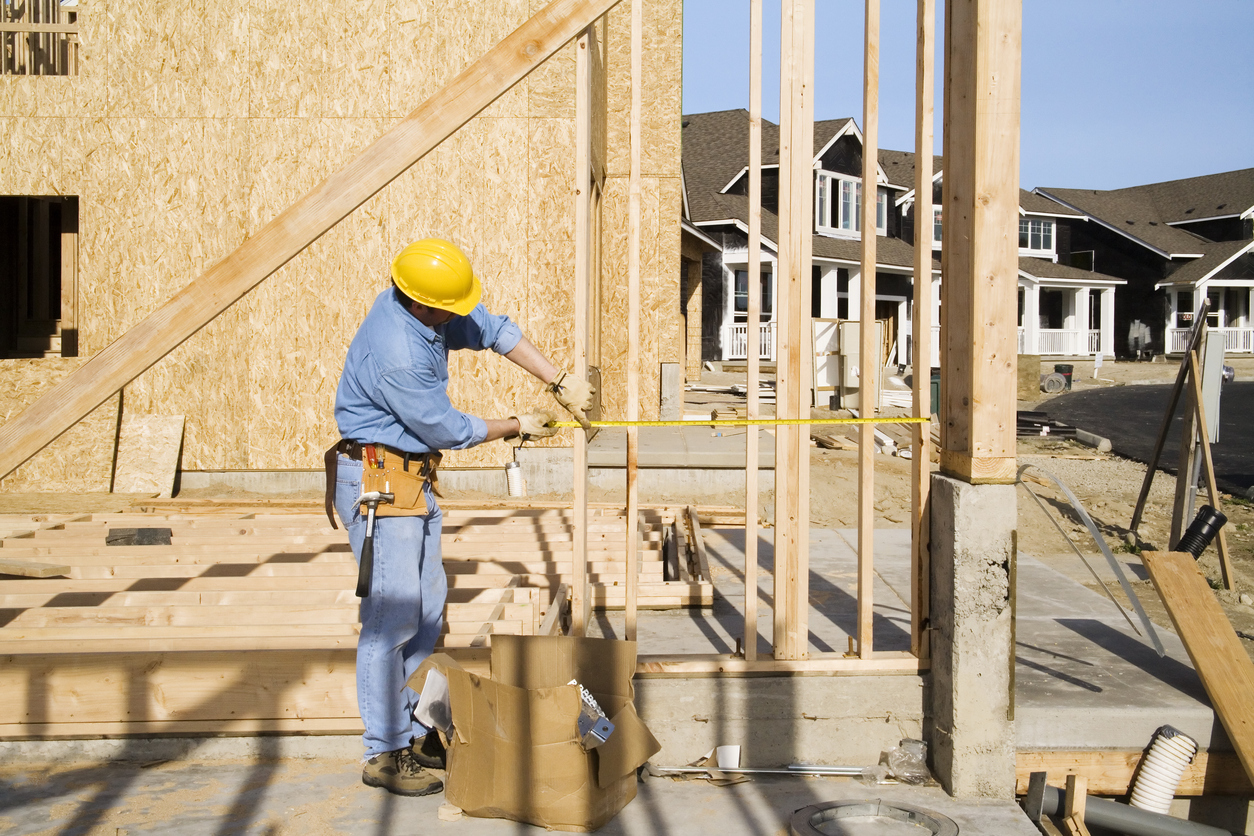Homebuilding trends are easily influenced. External, uncontrollable events can have a massive, and often dire, effect on the real estate industry. As conditions change overnight, sellers markets turn into buyers markets, and back again. Drastic changes occur within extremely short periods of time.
None of that, of course, is within the control of home builders and developers. And yet, it’s these businesses that need to be able to plan for the long-term. They must have development plans often in place years before the buy.
It’s an industry-wide conundrum that’s as frustrating and dangerous as it is common. Fortunately, builders and developers aren’t entirely powerless. Let’s take a look at the types of global events that have reshaped the homebuilding trends in recent years. What we can learn from these events to plan for future disruptions?
Recent Global Events and Their Impact on Homebuilding Trends
The housing crash of 2008 is perhaps the most cited example of a global event changing an entire industry. Here’s how one industry article put it, 10 years later:
In many ways, the U.S. home building industry, which had been riding high since the early 2000s, took the worst hit. Dozens of builders closed shop or merged with or were acquired by other firms. From 2007 to 2010, closings and revenue of the top 200 home builders bottomed out—dropping 62% and 64%, respectively, in the span of three years.
A decade later, global home building revenue still had not fully recovered from this crash. But in truth, a massive global recession is not the only event that has had a potentially devastating event on the home building and development industry.
Take the last two years as an example. As most in the industry are well aware, new housing construction dipped significantly in the early parts of the COVID-19 pandemic. Then, it started to boom due to low interest rates less than a year later. Fast-forward another year, and rapidly rising materials prices due to increasing inflation are once again threatening revenue and profitability.
To say that the housing market is volatile might be an understatement at this point. Global events are shaping and reshaping it seemingly every minute, with potentially dire effects on the real estate industry.
The Challenges of Managing Rapidly Changing Conditions
Global events naturally impact the global economy. That economy, in turn, impacts few industries more than homebuilding trends. Real estate trends change almost daily. Some factors that make an impact include supply chain issues and changing affordability due to changing interest rates and disposable income. In addition, the stock of available homes impacts the market.
That’s an especially significant problem. These shifts are largely out of the control of the builders and developers. Firms have to plan with at least some certainty for future new construction needs while looking to sell their existing inventory. These projections must be done while depending on market forces that can be unpredictable.
And yet, leads have to keep coming in. Existing home inventory needs to be sold. New construction needs to ensure future business. New home buyers need to be kept happy after the sale. It’s a challenge that seems almost impossible to master.
Homebuilders, of course, constantly have to evaluate market risks. But even those evaluations are not always sufficient. No builder could have predicted the COVID-19 pandemic, and all the uncertainty that followed.
Results of Fluctuating Market Conditions
Relying solely on human staff is simply not feasible when market conditions affect cash flow, or when the conditions are so favorable that sales teams cannot keep up with customer demand. This often results in a constant cycle of laying off and furloughing staff during downtimes. Then, firms hire inexperienced new staff when the market gets hot, which only results in further issues:
- New employees need trained, losing valuable time in the sales cycle.
- Hiring new employees costs significant budget, which could be more effectively spent elsewhere.
- Laid off and furloughed employees negatively impact employer brand perceptions.
Perhaps most importantly, new staff tend to negatively impact the customer experience. This is true from new leads just starting their search for a home to new homeowners who need help from the developer during and after their move-in.
Technology as an Integrated Solution for Uncertain Markets
In short, market fluctuations outside the builder’s control are almost inevitable. And constantly adjusting the human workforce to account for these needs while remaining a viable business is not feasible. That, in turn, leaves just one solution to future-proof your business, and especially your changing communication needs, during these unpredictable global events: your technology stack.
Digital assistants are a great example of how technology can help home builders and developers find a degree of consistency while the market conditions around them fluctuated. Once implemented, they require relatively minimum resources to run, supporting questions from homebuyers throughout the buyer’s journey. They can take on many of the day-to-day tasks that human front desk staff would normally need to focus on. Additionally, they are available around the clock and in multiple languages.
At the same time, digital assistants are not designed to replace human sales and customer service staff. Instead, they focus on routine tasks, taking high-volume requests while passing on more complex, individualized needs to the human team behind them. In other words, they provide the baseline, while human professionals still take care of the customer service nuances layered on top of that baseline.
Technology That Builds a Reliable Infrastructure
At its best, this type of system can create a much more reliable infrastructure of customer service that accounts for any wild swings in market conditions on a much more reliable basis. Homebuilders can find a proper mix of human teams and the technology to support them. Digital assistants can future-proof themselves against the uncertainty of global events while still providing the high level of customer service that their buyers have come to expect.
Of course, many more factors play into the strategies home builders have to embrace in order to manage market forces that seem to shift at ever-increasing rates. But, with so much business success relying on great customer service, technology can play a major role in taking at least one variable out of the equation. Talk to the experts at AtlasRTX to learn more about how digital assistants can help home builders adapt to ever-changing home building trends.


